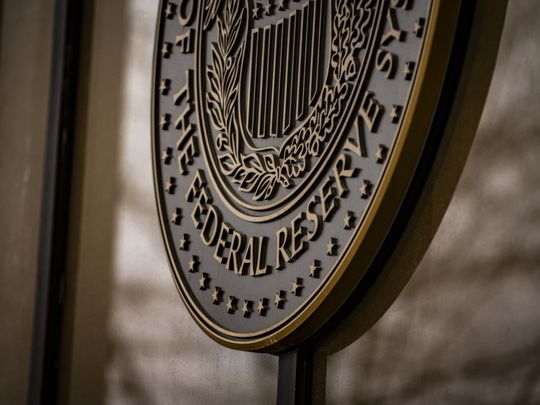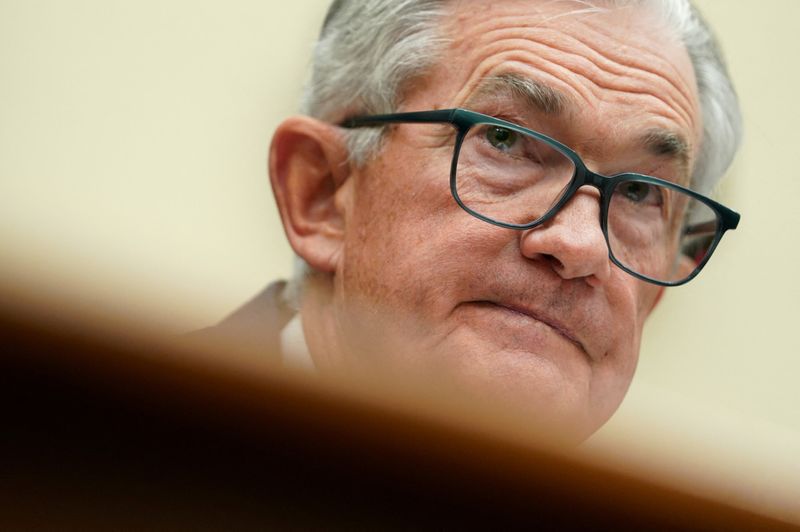
London: Bob Michele, the chief investment officer of fixed income at J.P. Morgan Asset Management, warned of an economic hard landing as the banking turmoil rippled through the financial markets and the economy. He now expects the Federal Reserve to pause interest-rate hikes next week.
Michele said a recession is “inevitable” and that the best investment strategy right now is to stick to high quality bonds. He reckoned the whole Treasury yield curve will come down to as low as 3 per cent by August. He also said interest rates may have peaked as inflation was “yesterday’s battle” and financial stability should be the Fed’s top priority now.
The demise of Silicon Valley Bank and growing doubts about Credit Suisse Group’s financial outlook prompted traders to unwind bets on further rate hikes on concern that the shockwave from the banking debacle could put an already fragile economy at risk.
“You’re going to get those long and variable, cumulative and lagged impacts hitting the market further. I think this is the tip of the iceberg,” Michele said on Bloomberg TV Wednesday. “I think there’s a lot more consolidation to come. Lot more pain yet to come.”
Michele’s view before the banking trouble surfaced was that the Fed would raise interest rates in February and March before pausing to assess the impact of its fastest monetary tightening since 1981.

“I think with Credit Suisse on the table, they will pause. I think they should pause,” he said.
“The ECB hiking rates this week or the Fed hiking rates next week has the potential to be the greatest gaffe since the ECB hiked rates in June 2008,” Michele added, referring to a rate move by European policymakers which had to be reversed soon after as the economy cratered.
Prior to the banking woes, Michele kept his view of an economic hard landing and bought quality bonds when some market pundits predicted there would be a soft landing.
Michele said the market is likely to have to go through a “washing out process” in coming quarters.
“If I think of all the funding that’s gone on over the last three years “- the amount of liquidity sloshing around in the system “- we expect more problems,” he said.











